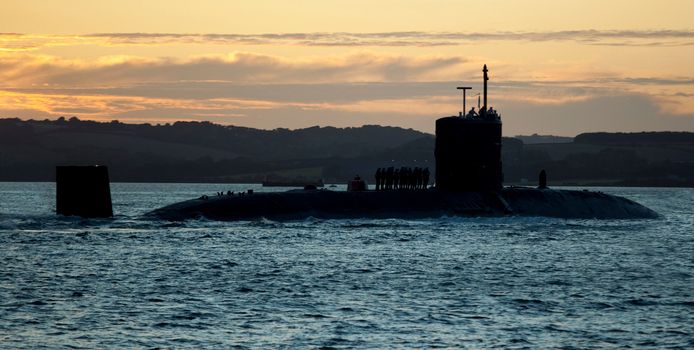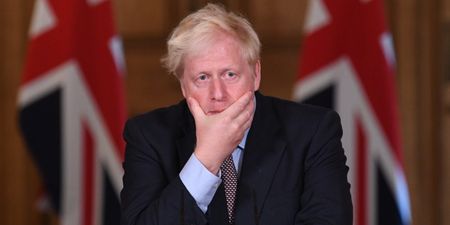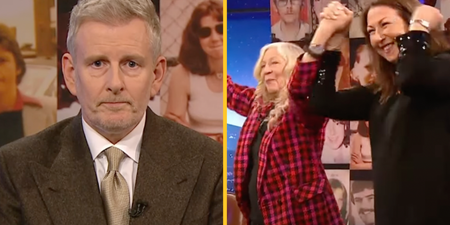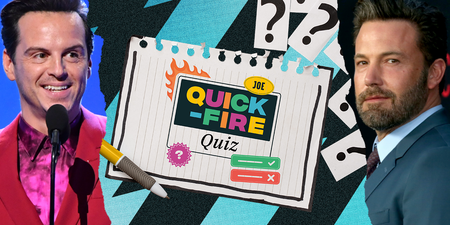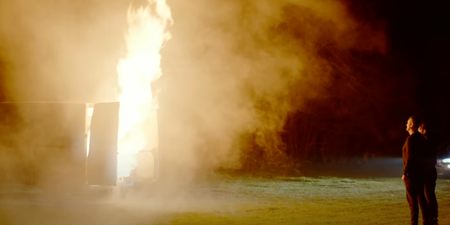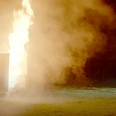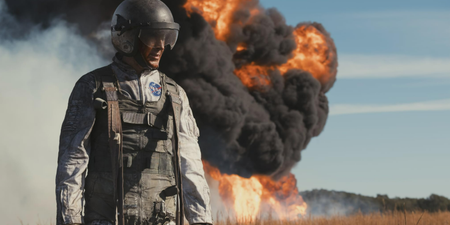There are, at most, nine countries on earth with nuclear weapons.
Before today, two of those arsenals were in the hands of Donald Trump and Kim Jong-un. As of today, they have been joined by Boris Johnson.
Among the very first things that will happen as Johnson begins is premiership, is a briefing from the Chief of the Defence Staff, who will tell him exactly the kind of devastation and death a nuclear Trident missile would cause. Johnson will then be tasked with composing the “letters of last resort.”
The letters of last resort are an almost mythical device, the kind of thing that would make more sense in a Tom Clancy novel than they do in real life. But they are real, and they are terrifying.
They are four letters, each one issued to the commanding officers of each of the United Kingdom’s four nuclear-capable ballistic missile submarines. They are only to be opened under one specific circumstance: the destruction of the government of Britain through a major, likely nuclear, bombing campaign.
The letters are only to be opened under the assumption that the Prime Minister and any designated deputies are dead, and that it is up to the UK’s military submarines to respond.
Typically, the UK has one of these submarines patrolling at any given time, armed with 40 of its 120 operational nuclear warheads. The other three subs are based in Faslane naval base in Scotland.
And right now, those letters are being written by Boris Johnson. Cool.
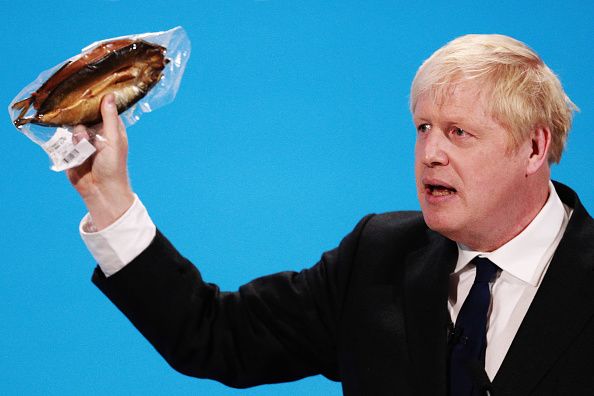
Four possible directives are known:
- That the UK should retaliate.
- That the UK should not retaliate, and should retreat to a commonwealth nation.
- That the commanding officer should use their own judgment.
- Place the submarines under the command of an allied country, such as the United States.
It is very possible, however, that a PM will be much more specific than this.
When quizzed on the matter of their own letters by the BBC, former Prime Ministers John Major, Tony Blair and Gordon Brown all revealed that they had included a caveat that under no circumstances should civilians be targeted with nuclear weapons.
Nobody will ever know for sure though, since the letters are burned in their unopened state as soon as an outgoing premiership comes to a close.
The idea of mutually assured destruction has long kept nuclear enemies in check. This is the idea that any nuclear strike would ultimately be self-defeating, as a nuclear retaliation is virtually guaranteed, and the parties involved would simply nuke one another and the vast majority of all other living things.
Of course, it is a core tenet of mutually assured destruction that a nuclear strike will be met with retaliation. If another state can assume no retaliation, then destruction is no longer “mutually assured.”For this reason, it almost behooves the Prime Minister to only ever give the indication that there are circumstances under which he will sign off on a retaliatory strike.
Somehow, it has come to be known that one of the checks a commanding officer must perform before opening the letter is to check and see if BBC’s Radio 4 is still broadcasting. Dead silence on the national broadcaster is one indicator that Britain, as an operational state, no longer exists.
The chances of Boris Johnson answering any questions as to what he has put in his letters are less than zero.
But one thing is for certain: leaving it up to the commanding officer to use their own judgment is a real dick move.
LISTEN: You Must Be Jokin’ with Aideen McQueen – Faith healers, Coolock craic and Gigging as Gaeilge
